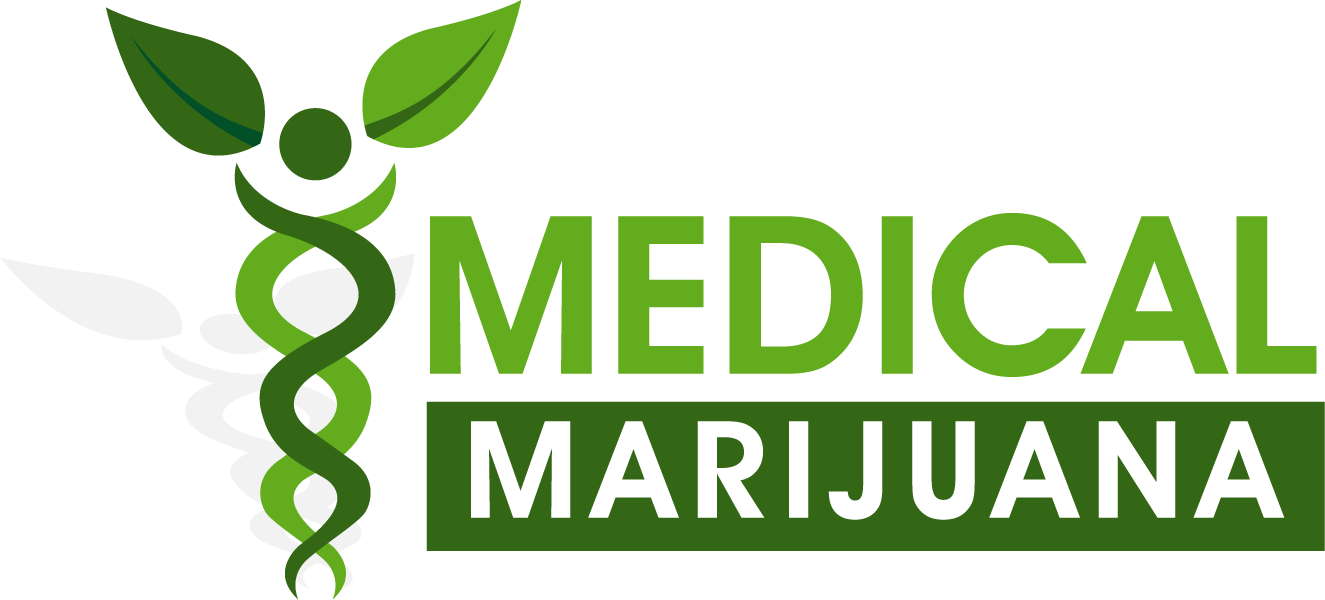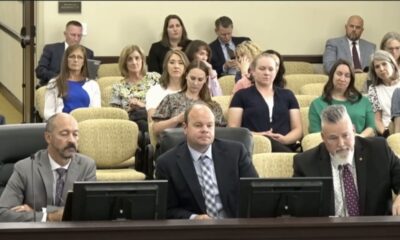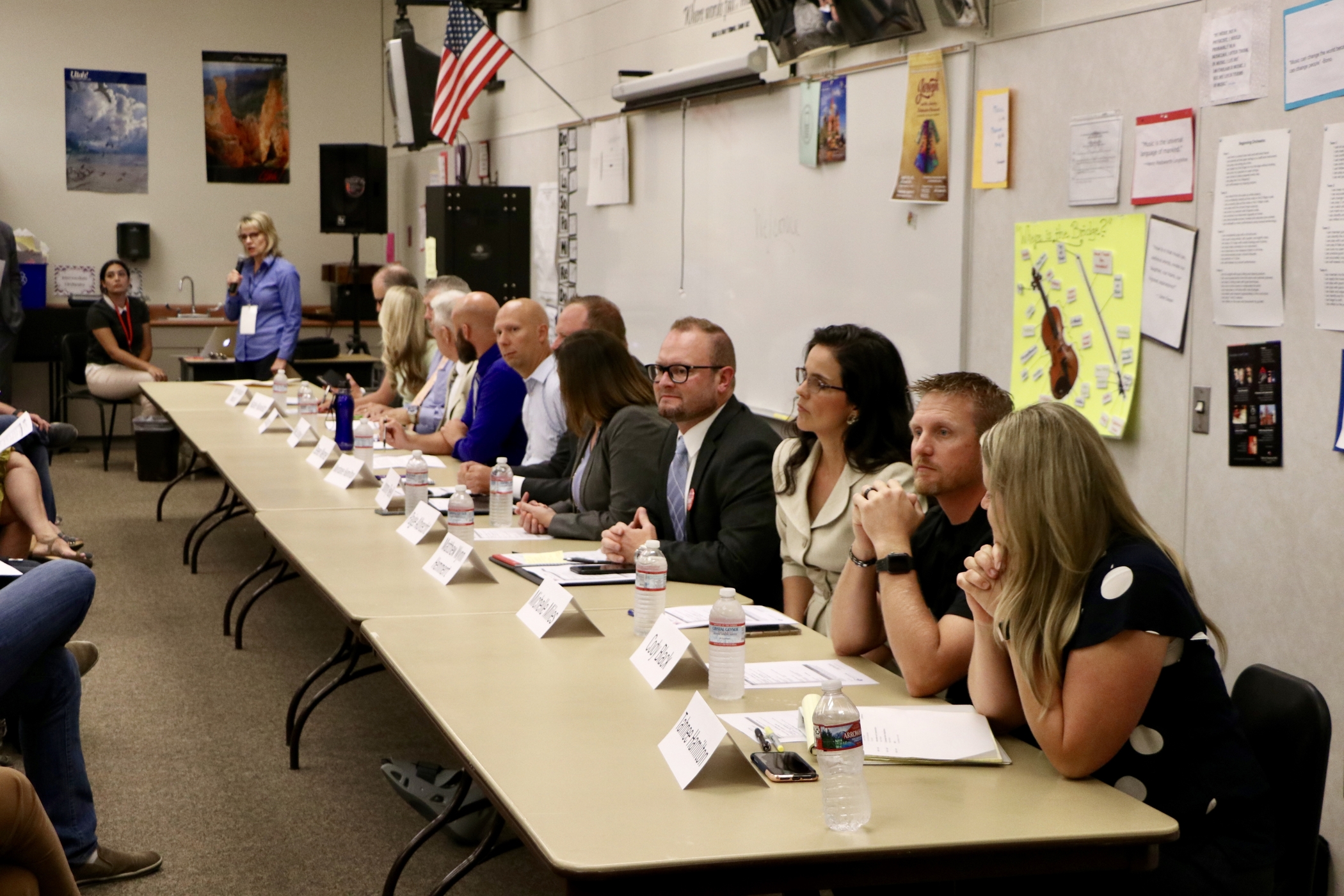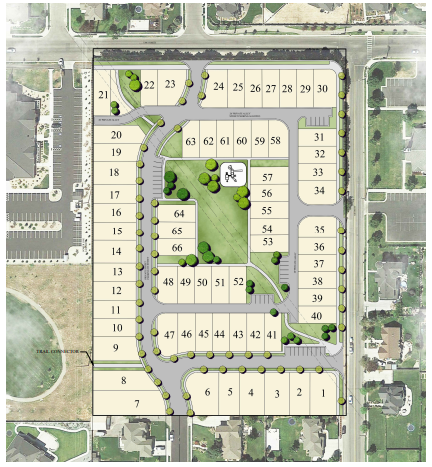Connect with us
Published
6 years agoon

On November 6, 2018, registered Utah voters will decide the fate of Utah Proposition 2, more commonly known as the Medical Marijuana Act, which proposes the legalization of medical marijuana use for individuals who have a qualifying disease or condition. Multiple viewpoints from various organizations are leaving voters questioning what to do this coming November.
According to BallotPedia, the bill is set up in such a way that allows an individual or a parent/legal guardian of a minor who wants to use marijuana for medical purposes to receive a medical card from the Utah Department of Health. In order to qualify and receive a medical card, a physician’s recommendation would be required. If the patient has a qualifying illness and could benefit from medical marijuana usage, a physician may recommend such use.
Also included in the proposition is an allowance for the licensing of cultivation facilities to grow marijuana, processing facilities, testing laboratories, and dispensaries. BallotPedia published the following on their site,
“The measure would restrict the number of dispensaries by the number of residents in a county divided by 150,000 and rounded up to the greatest whole number. In 2016, for instance, Salt Lake County, the state’s largest county by population, would have been allowed eight dispensaries under the initiative. Dispensaries would be allowed to sell marijuana to individuals with medical cards. During any 14-day period, an individual would be allowed to buy either two ounces of unprocessed marijuana or an amount of marijuana product with no more than ten grams of tetrahydrocannabinol (THC) or cannabidiol.”
It should be noted that the proposition enforces bans on smoking marijuana, using marijuana in public with the exception of a medical emergency, and driving while under the influence of marijuana. The proposition also bans businesses who are associated with marijuana, whether they possess, grow, manufacture, or sell marijuana from being within 600 feet of a public school, park, playground, church, or library and within 300 feet of lots zoned for residential use.
Since the creation of the proposition, many organizations have taken a stance, most notably the Church of Jesus Christ of Latter-day Saints. In an email sent to members in August, Church leaders urged voters to vote against the proposition, stating that the proposition could cause a serious threat to health a public safety. The email stated, “The Church joins a coalition of medical experts, public officials, and community stakeholders in calling for a safe and compassionate approach to providing medical marijuana to those in need.” The email also stated that church leaders do not object to the use of medicinal marijuana, if prescribed by a doctor with the correct dosage and through a licensed pharmacy. According to Utahpolicy.com, there was an eight percent decline in support of Proposition 2 after the Church had issued a statement on the issue.
Governor Gary Herbert, the Utah Medical Association, and Drug Safe Utah oppose the passage of Prop 2.
Major concerns over the bill include the lack of specificity regarding the regulation process and the vicinity of dispensaries near youth-centered facilities.
Organizations in support of the proposition include the Marijuana Policy Project, Libertas Institute, and Salt Lake County Sheriff Rosie Rivera.
The Utah Patients Coalition is leading the campaign in support of the initiative as a sponsor. A page on the Utah Patients Coalition website indicates the purpose of Proposition 2 is to,
“Protect terminally and seriously ill patients with specific debilitating medical conditions from arrest and prosecution if using medical cannabis pursuant to their doctor’s recommendation, allow a patient who needs assistance to designate a caregiver to help the patient to obtain and administer their medication, permit medical cannabis card holders to obtain no more than two ounces of cannabis or 10 grams of cannabidiol or tetrahydrocannabinol from a licensed dispensary during any 14-day period, maintain prohibitions on the public use of cannabis, driving under the influence of cannabis, and smoking cannabis, and establish an electronic verification system administered by the Department of Health and issue medical cannabis cards to qualifying patients while tracking the amount of cannabis purchased by each patient.”
Medical marijuana has health benefits for many illnesses and conditions. Those with the following qualifying illnesses may receive medical marijuana under Proposition 2: HIV, Alzheimer’s disease, cancer, Crohn’s disease, epilepsy, PTSD, multiple sclerosis, autism, and chronic or debilitating pain in individuals who are at risk of becoming dependent on opiates.
Regardless of the varying opinions on Proposition 2, voters are encouraged to become educated and to make the best possible decision when voting. For more information visit ballotpedia.org.
The full text of The Utah Medical Cannabis Act can be found here https://www.utahpatients.org/files/pdf/2017/08/The%20Utah%20Medical%20Cannabis%20Act.pdf



Lehi Heritage Day celebration a “roaring” success


ASD slammed by Utah legislative committee for school closure process; board and superintendent subpoenaed for questioning


Lehi wrestlers win at Stansbury


Local food pantry enlists neighbors in battle against hunger


Candidates for Lehi City Council Discuss Positions at Debate


Restaurant review: Padeli’s Street Greek brings sensational Greek flavors to Lehi


LHS rebuild: What’s for lunch?


City Council approves revised Dixon Mink Farm, Ivory project


Skyridge Softball wins against Timp and Enterprise, Loses to Springville


ASD Accent on Excellence awards presented
